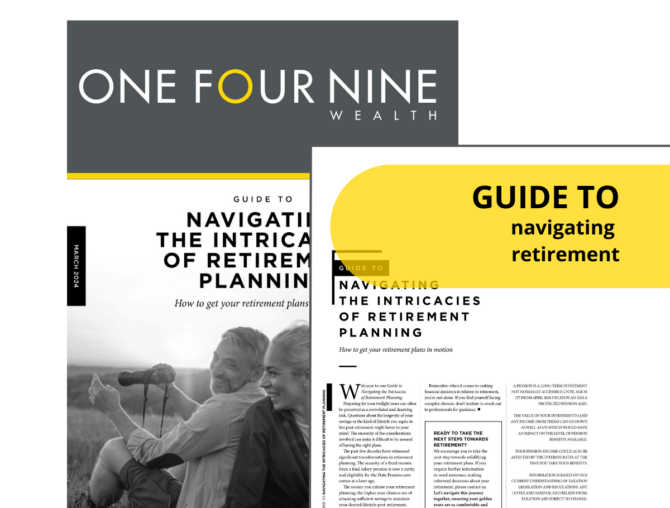
Since the Retail Distribution Review back in 2006 – an event that many regulated advisers will no doubt remember with glassy eyed fondness – there can be no doubt that a significant level of financial advice activity has been geared towards helping valuable high net worth clients accumulate and protect their wealth. A survey by Kings Court Trust in 2019 found that 1 in 5 Baby Boomers were millionaires, one fact alone of many that I find staggering which has given rise to an avalanche of articles and reports, including from the FCA, on the issues of intergenerational planning, intergenerational unfairness, dealing with succession through the generations, the problems of the sandwich generation and so on.
So, you may well ask, why write another?
In truth, if I or in this case you, are going to spend your valuable time reading an article then it should do just that, value your time. I don’t want to be told yet again that £5.5 trillion is set to be inherited over the next decade. What do I do with that number? I am completely aware that families are different compared to 20 or 30 years ago. Rather than 2.3 children and a dog, it is now more likely to be 1.8 children, second marriages and a multitude of split assets, let alone what has to happen with the family pet. I and most readers can work out the implications of this in terms of new strategies for the accumulation of wealth, the protection of wealth and tax planning generally. The most urgent point is the danger that none of the ‘inheriting children’ (or at least if all previous articles I have read are to be believed, a significant proportion of the inheriting children) will use their parent’s financial adviser. If this is genuinely the case then all the technical expertise we can muster is perhaps of limited value.
If financial advisers are to successfully facilitate this significant transfer of wealth and ultimately help our clients and their families, plus benefit our own firms we must prioritise engaging with the next generation. Learning how to start those conversations sensitively, around a topic which is often a complex and emotive issue within families, is vital if we are to prove to the inheriting generation that we have something of value to offer them.
Having said all of this there is obviously no magic bullet. But remember, this article will take you no more than five minutes to read and if you pick up one thing that you can implement that in turn results in writing business, helps a client accumulate more wealth, or protects an inheritor’s wealth it will be five minutes well spent (in my view, at least).
- Get your client’s agreement to bring their children in to some of the review meetings. Don’t assume families talk about money. Parents are more likely to have a conversation with their children about far more personal matters before they would ever talk about money.
- Remind your clients to review their nominations on their pension funds, discuss the options and the implications for how beneficiaries will inherit. Review death in service benefits and the appropriateness of spousal by-pass trusts and expression of wish forms in relation to any discretionary trusts. All and any should be an opportunity to ask to be introduced to the children.
- Discuss with your client what would happen to your children’s dependants or in the event of either of their deaths or long-term sickness. Would your client be expected/want to provide financial assistance (or heaven forbid have them live at home again)? An introduction to talk to them about their own protection needs, even if your clients fund it, would make sense for both generations.
- Does your client have any trusts and if so have they appointed the children, regardless of whether they are to be beneficiaries or if not, as trustees? A conversation with them about their duties, responsibilities and the guidance that may be suitable or available should also lead to opportunities for engagement.
- If your client has a will or power of attorney, who are the executors or attorneys? In the likelihood they are the children, again this should be an opportunity to explain their responsibilities or have a conversation about some softer facts and implications of either documents.
Kick-starting the discussion over inheritance is not always a straightforward path, therefore advisers and their teams must be supported at group level with the proper tool kit and full suite of additional services that can really add value in the eyes of a client. For example, our own experience has taught us that securing commercial arrangements with third party providers who offer probate administration or will writing services can make the process a much smoother one, benefitting both clients and advisers. There is a myriad of opportunities to meet the next generation who do need your advice even if they do not currently realise this, but building a trusted relationship with them is the first step.
If you have any questions you can contact us by filling out the enquiry form at the bottom of our contact page.
Gabrielle Beaumont, Managing Director, One Four Nine Group



